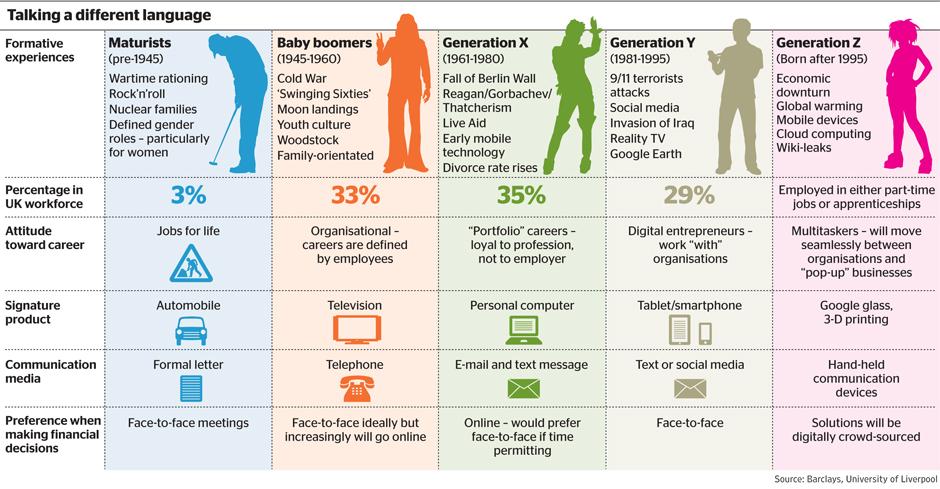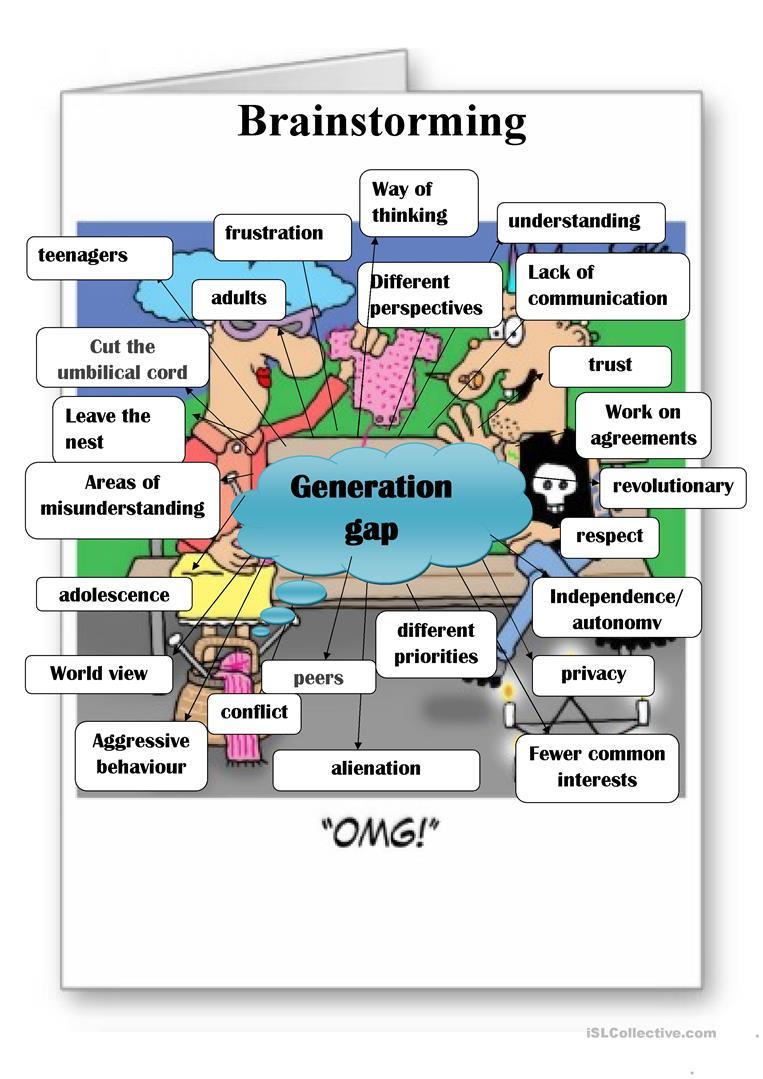PART 1
1. Warm-Up: “You are awesome” high five name game. (just as an example)
1) Arrange the group in a circle and ask everyone to say their names
2) One person starts off by saying the name of someone else in the circle, and giving high five switching places with chosen person
3) That person then in turn says the name of a different person, and giving high five switching places with someone else
4) That continues until everyone in the circle has memorised each other names.
Variant 2: Play “A snowball”.
The teacher starts by saying the name and showing any gesture (“Hello I am…” and bow, wave a hand, clap, shake head or anything). Encourage the second person to say the name and show some other gesture and repeat the teacher’s, then the third person repeats the previous names and gestures and adds his/her own and so on. The last person has to call the names of all students and show all their gestures
Variant 3: The person call the name and names the adjective that starts with the first letter of the name (“Hello, I am Anna, I am Amazing”)
2. Lead – in:
Watch the video: https://www.youtube.com/watch?v=0fC9RGqNpYY
(finish at 00:44 second)
Then show the picture and ask:

Questions are written on the board or on the presentation slide:
What is the topic of our today’s discussion ?
What’s is a generation gap?
Are people from the "older" generation always more wise and correct
in their ways of thinking and choices? Why or why not?
Intro: Currently, five generations make up our society. Here are the birth years for each generation:
iGen, Gen Z or Centennials: Born 1996 and later
Millennials or Gen Y: Born 1977 to 1995
Generation X: Born 1965 to 1976
Baby Boomers: Born 1946 to 1964
Traditionalists or Silent Generation: Born 1945 and before

3. Discussion:
Leading Questions
Do you think your generation's fight is similar to your parents
generation's fight.
When did you first become an adult in your mind? (and when do they become now?)
Have you ever felt a generation gap with your friends?
When do you feel the generation gap the most? Is it possible to overcome a generation gap?
Do you think you can be a better parent than your own parents in future?
Is it possible for parents and children to be friends?
What are some memorable moments in the world during your childhood? Please explain.
What are some differences in music, fashion, personality, mannerisms that are apparent when encountering a generation gap?
Why do new generations frequently blame the last generation for many problems they are facing?
PART 2
Show the video: https://www.youtube.com/watch?v=0PFzOwPmKvs
Which help to complete the next exercise.
Divide into two 2 teams: Generation Y / Generation Z. Students pull the pieces of paper with Generation on it.
Each team has to prove that their Generation is better. (Advantages vs. Disadvantages another team)
Give categories for guidance.
The team who can find more their advantages and more disadvantages of other team wins.
| Friendship Love Work Education Style Interests Shopping Political Views Politeness Travelling Philosophical Views | Parenting Technology Self-confidence Religion Pleasures Money Success Relationship Addiction Retirement Languages |
2. Pair Work (Groups of three/four)
Imagine/Create a world of the next Generation and describe it. (Genereation after Gen Z)
What do you think future generations will be like? Consider interests, personality, etc.
Draw a picture of the person who represents that generation. Present it.
Part 3: Conclusion.
Watch the video (if time): https://www.youtube.com/watch?v=Z3o4lnGFQjY
What the most important problem of the modern generation does the author underline?
Do you agree? Why? Why not?
If you could give one important message to the next generation, what would it be?
Helpful words and phrases (on the board or on the list given to every student):
1) generation gap — конфликт поколений, проблема отцов и детей
2) to meet halfway — найти компромисс
3) bosom friends — близкие друзья
4) to go with the times — идти в ногу со временем
5) adolescent — подросток
6) to disapprove of [.disa'pruiv] — не одобрять
7) preference [fpref(a)r(3)n(t)s] — предпочтение
8) political views — политические взгляды
9) to disappear — исчезать
10) to cause problems — становиться причиной проблем
11) to err is human — человеку свойственно ошибаться
12) to put pressure on somebody — оказывать давление на кого-либо
13) to perform well at school — хорошо учиться
14) academic performance — успеваемость
15) aware [a'wea] — знающий, осведомленный
16) to punish — наказывать
17) bad grades — плохие оценки
18) to establish trust relationship with somebody — установить доверительные отношения с кем-либо
19) generation differences — различия между поколениями
20) social networking — социальные сети
21) adolescent [, aed(9)'les(9)nt] — юношеский, подростковый, молодой
22) to cope with — справиться
23) to reach mutual understanding — достичь взаимопонимания
24) heedful of advice — щедрый на советы
25) exacting — требовательный
26) adamant ['aedamsnt] — непреклонный, категоричный
26) ill-mannered — невоспитанный, невежливый
27) gambling — азартная игра
28) to addict — пристраститься к чему-либо, быть заядлым лю¬бителем чего-либо
29) juvenile delinquency [fci3u:vinail diflinkw3n(t)si] — преступ¬ность малолетних
30) to give a helping hand — протянуть руку помощи
31) to lecture somebody — читать лекции кому-либо
32) self-esteem — самоуважение, чувство собственного досто¬инства
33) to bridge the generation gap — преодолевать разрыв между поколениями
34) poverty ['povsti] — нищета, бедность
35) domestic violence — домашнее насилие
36) corporal punishment — телесное наказание, порка
37) root problem — ключевая проблема
38) adverse family environment — неблагоприятная обстановка в семье
39) delinquent [di'hnkwsnt] — малолетний преступник
40) rebellious [n'belias] — бунтарский, непослушный
41) to obey — слушаться, повиноваться
42) parental divorce — развод родителей
Picture on the board with tips

 Получите свидетельство
Получите свидетельство Вход
Вход











 Конспект урока на тему "Generation Gap" (1.07 MB)
Конспект урока на тему "Generation Gap" (1.07 MB)
 0
0 1324
1324 49
49 Нравится
0
Нравится
0


